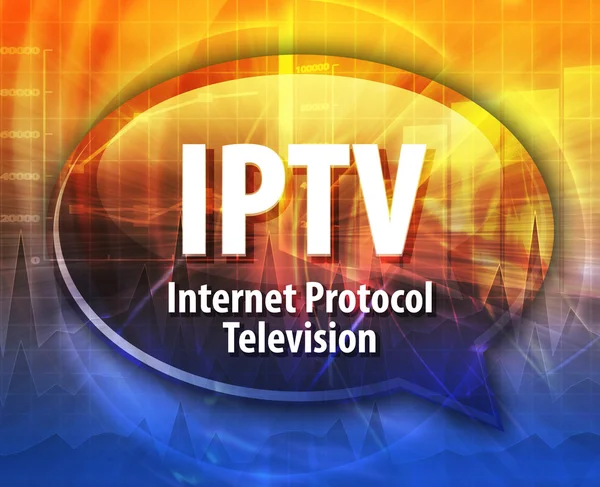Introduction
In recent years, the landscape of television entertainment has undergone a remarkable transformation with the emergence of Internet Protocol Television (IPTV). IPTV is a cutting-edge technology that delivers television content over the internet, revolutionizing how we access and enjoy our favorite shows, movies, and live events. This article explores the ins and outs of IPTV, highlighting its benefits and advantages that have positioned it as a game changer in the world of entertainment.
The Basics of IPTV
IPTV stands for Internet Protocol Television, a system through which television services are delivered using internet protocol over a broadband connection. Unlike traditional broadcasting methods, which rely on satellite or cable signals, IPTV utilizes internet networks to transmit high-quality audiovisual content directly to users’ devices, such as smart TVs, smartphones, tablets, and computers.
Advantages of IPTV
1. **Unparalleled Content Variety:** One of the most significant advantages of IPTV is the vast array of content it offers. Users can access not only live TV channels but also an extensive library of on-demand movies, TV series, documentaries, and more. This unparalleled content variety caters to diverse interests and preferences, ensuring there’s always something to watch.
2. **Flexibility and Convenience:** IPTV offers unmatched flexibility and convenience, allowing viewers to watch their favorite shows whenever and wherever they want. With on-demand options, users can pause, rewind, or fast-forward content, giving them greater control over their viewing experience.
3. **Multi-Device Compatibility:** IPTV is designed to work seamlessly across multiple devices, making it easy for users to switch between their TV, smartphone, tablet, or computer. This versatility enhances the overall user experience and eliminates the need for traditional cable boxes or satellite dishes.
4. **Cost-Effective Alternative:** IPTV can be a cost-effective alternative to traditional cable or satellite TV subscriptions. Many IPTV service providers offer competitive pricing models, allowing users to tailor their plans based on their preferences and budget.
5. **Interactive Features:** IPTV enables interactive features that go beyond passive TV watching. Users can participate in polls, quizzes, and interactive programs, enhancing viewer engagement and creating a more immersive entertainment experience.
6. **Global Accessibility:** IPTV transcends geographical boundaries, allowing users to access content from different countries and cultures. This global accessibility broadens horizons and promotes cross-cultural understanding through shared entertainment.
Challenges and Considerations
While IPTV offers numerous advantages, it’s essential to be aware of potential challenges and considerations. These may include:
1. **Internet Connectivity:** IPTV heavily relies on a stable and robust internet connection. Users in areas with unreliable or slow internet speeds may experience buffering or quality issues.
2. **Content Legality:** Some IPTV providers may offer copyrighted content without proper licensing, raising legal concerns. It’s crucial to choose reputable and legitimate IPTV service providers to ensure compliance with copyright laws.
3. **Technical Expertise:** Setting up and configuring IPTV services might require a certain level of technical knowledge. However, user-friendly interfaces and guides provided by reputable providers have made this process more accessible.
Conclusion
IPTV has transformed television entertainment, offering an array of benefits and advantages that cater to the evolving preferences of modern audiences. From unparalleled content variety and flexibility to interactive features and global accessibility, IPTV has reshaped the way we consume and engage with television content. As technology continues to advance, IPTV is likely to play an even more significant role in the future of entertainment, enriching our viewing experiences and connecting us to a world of content like never before.

